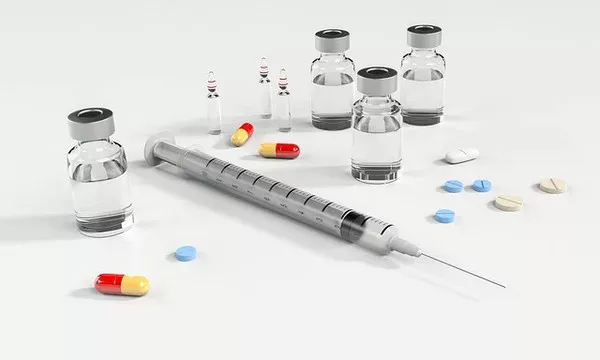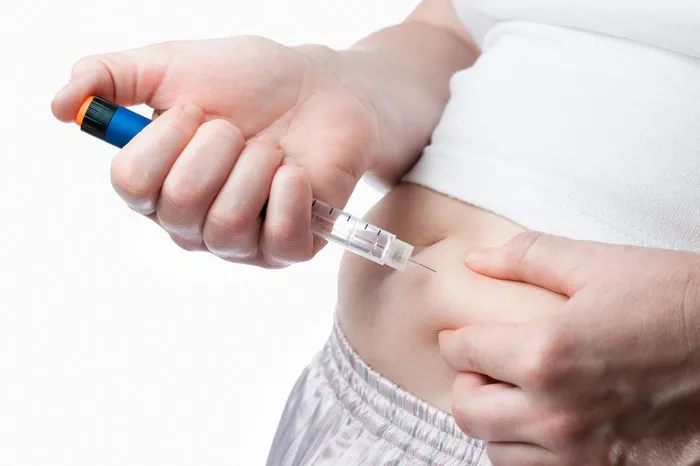Gestational diabetes mellitus (GDM) is a condition characterized by glucose intolerance that is first recognized during pregnancy. It can have significant implications for both maternal and fetal health, making its timely diagnosis crucial. This article provides an in-depth look at the testing process for gestational diabetes, covering its importance, methodologies, interpretation of results, and subsequent steps following diagnosis.
Importance of Testing for Gestational Diabetes
Maternal and Fetal Health Risks
Gestational diabetes can lead to various complications during pregnancy and delivery. For the mother, these include an increased risk of preeclampsia, cesarean delivery, and the development of type 2 diabetes later in life. For the baby, risks include macrosomia (being significantly larger than average), shoulder dystocia during birth, and neonatal hypoglycemia. Therefore, screening and diagnosing GDM is critical to managing these risks.
Prevalence and Risk Factors
The prevalence of gestational diabetes varies globally but is estimated to affect approximately 7-10% of pregnancies worldwide. Risk factors include advanced maternal age, obesity, a family history of diabetes, previous GDM, polycystic ovary syndrome (PCOS), and certain ethnic backgrounds (e.g., South Asian, Middle Eastern, African, and Hispanic descent).
Screening and Diagnostic Criteria
Timing of Screening
The American Diabetes Association (ADA) and other health organizations recommend universal screening for GDM between 24 and 28 weeks of gestation. However, women with high-risk factors may be screened earlier, often at their first prenatal visit.
Screening Methods
The screening for gestational diabetes generally follows a two-step process: an initial glucose challenge test (GCT) followed by an oral glucose tolerance test (OGTT) if the GCT results are positive.
1. Glucose Challenge Test (GCT)
Procedure
The GCT involves the following steps:
- Preparation: The test does not require fasting. The patient can eat normally before the test.
- Glucose Intake: The patient drinks a solution containing 50 grams of glucose.
- Blood Draw: Blood is drawn one hour after consuming the glucose solution to measure the blood glucose level.
Interpretation of Results
A blood glucose level of 130 to 140 mg/dL (7.2 to 7.8 mmol/L) or higher one hour after drinking the glucose solution is considered positive. The exact threshold may vary slightly depending on the guidelines used.
2. Oral Glucose Tolerance Test (OGTT)
Procedure
If the GCT is positive, the patient undergoes the OGTT, which involves the following steps:
- Preparation: The patient must fast for at least 8 hours before the test.
- Fasting Blood Draw: A fasting blood sample is taken.
- Glucose Intake: The patient drinks a solution containing 75 or 100 grams of glucose, depending on the specific protocol used.
- Subsequent Blood Draws: Blood samples are taken at one, two, and sometimes three hours after drinking the glucose solution.
Interpretation of Results
The diagnostic criteria for GDM using the OGTT vary between organizations. The International Association of Diabetes and Pregnancy Study Groups (IADPSG) and the ADA commonly use the following thresholds for the 75-gram OGTT:
- Fasting glucose ≥ 92 mg/dL (5.1 mmol/L)
- 1-hour glucose ≥ 180 mg/dL (10.0 mmol/L)
- 2-hour glucose ≥ 153 mg/dL (8.5 mmol/L)
For the 100-gram OGTT, the Carpenter-Coustan criteria are often used:
- Fasting glucose ≥ 95 mg/dL (5.3 mmol/L)
- 1-hour glucose ≥ 180 mg/dL (10.0 mmol/L)
- 2-hour glucose ≥ 155 mg/dL (8.6 mmol/L)
- 3-hour glucose ≥ 140 mg/dL (7.8 mmol/L)
A diagnosis of GDM is made if at least one of these values is met or exceeded.
Variations in Screening and Diagnostic Criteria
International Differences
Different countries and health organizations may have variations in their screening approaches and diagnostic criteria. For example, the United Kingdom’s National Institute for Health and Care Excellence (NICE) recommends a one-step approach using a 75-gram OGTT, with different thresholds for diagnosis.
One-Step vs. Two-Step Approach
There is ongoing debate about the best approach for screening and diagnosing GDM. The one-step approach involves administering the 75-gram OGTT to all pregnant women without prior screening. This method is simpler and may diagnose more cases of GDM but can also lead to more false positives. The two-step approach, involving the GCT followed by the OGTT, is more traditional in the United States and is seen as a balance between feasibility and accuracy.
Preparation for the Test
Patient Education
Educating patients about the purpose and process of GDM testing is essential. Women should understand the importance of the test, how to prepare, and what to expect during and after the procedure.
Fasting Requirements
For the OGTT, fasting for at least 8 hours is necessary. Patients should be instructed to drink water but avoid any food or other beverages during the fasting period.
Medication Considerations
Patients should consult their healthcare provider about any medications they are taking that might affect blood glucose levels. Adjustments may be necessary to ensure accurate test results.
Implications of Test Results
Positive Diagnosis
A positive diagnosis of gestational diabetes requires careful management to minimize risks to both mother and baby. This typically involves lifestyle modifications, such as dietary changes and increased physical activity, and may include blood glucose monitoring and insulin therapy if needed.
Follow-Up Care
Women diagnosed with GDM require regular follow-up appointments to monitor their blood glucose levels and ensure that their condition is well-managed. Postpartum follow-up is also essential as women with GDM have an increased risk of developing type 2 diabetes later in life.
Negative Diagnosis
A negative result generally indicates that the woman does not have gestational diabetes. However, it is still important for pregnant women to maintain a healthy lifestyle and attend regular prenatal check-ups.
Challenges and Considerations
Screening Limitations
Despite the established screening protocols, some women may still be misdiagnosed or missed altogether. Factors such as variations in testing protocols, patient non-compliance, and biological differences can influence the accuracy of the tests.
Psychological Impact
A diagnosis of gestational diabetes can be stressful for expectant mothers. Healthcare providers should offer support and counseling to help women cope with the diagnosis and its implications.
Cultural and Socioeconomic Factors
Cultural beliefs and socioeconomic status can impact a woman’s ability to adhere to testing protocols and manage a GDM diagnosis. Healthcare providers should be aware of these factors and offer tailored support to ensure equitable care.
Advances in Gestational Diabetes Testing
Emerging Technologies
Research is ongoing to develop more accurate and less invasive methods for diagnosing gestational diabetes. These may include continuous glucose monitoring systems (CGMS), which provide real-time glucose readings and can offer a more comprehensive view of glucose patterns.
Genetic and Biomarker Research
Scientists are exploring the potential of genetic markers and other biomarkers to predict the risk of gestational diabetes. These advancements could lead to earlier identification and intervention, improving outcomes for mothers and babies.
Personalized Medicine
Advances in personalized medicine may eventually allow for tailored screening and treatment plans based on an individual’s genetic and metabolic profile. This approach could enhance the precision and effectiveness of GDM management.
See also: What to Drink During Gestational Diabetes
Conclusion
Testing for gestational diabetes is a critical component of prenatal care, aimed at safeguarding the health of both mother and baby. The screening process typically involves an initial glucose challenge test followed by an oral glucose tolerance test if necessary. Accurate diagnosis and timely management of GDM can significantly reduce the risk of complications and improve pregnancy outcomes. Ongoing research and advancements in medical technology hold the promise of further enhancing the detection and treatment of this condition, paving the way for better health for future generations.
Related topics:
What are Symptoms of Gestational Diabetes in Pregnancy



























